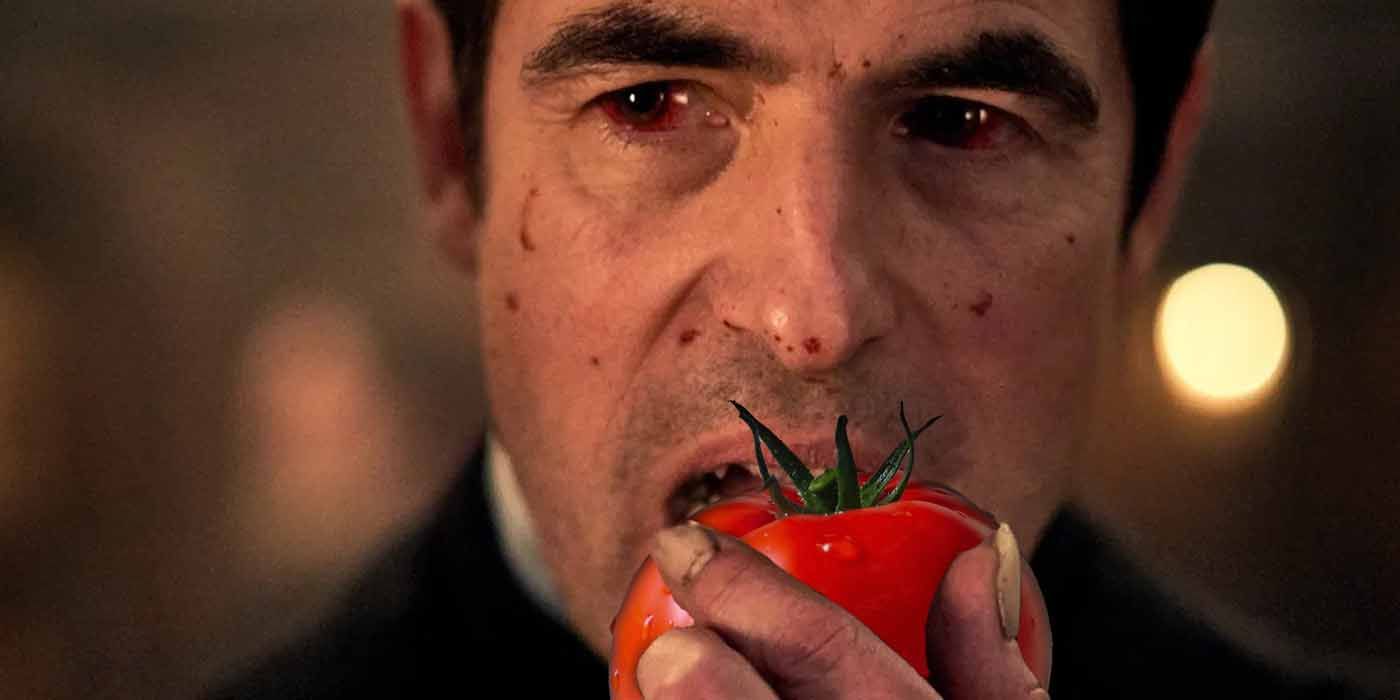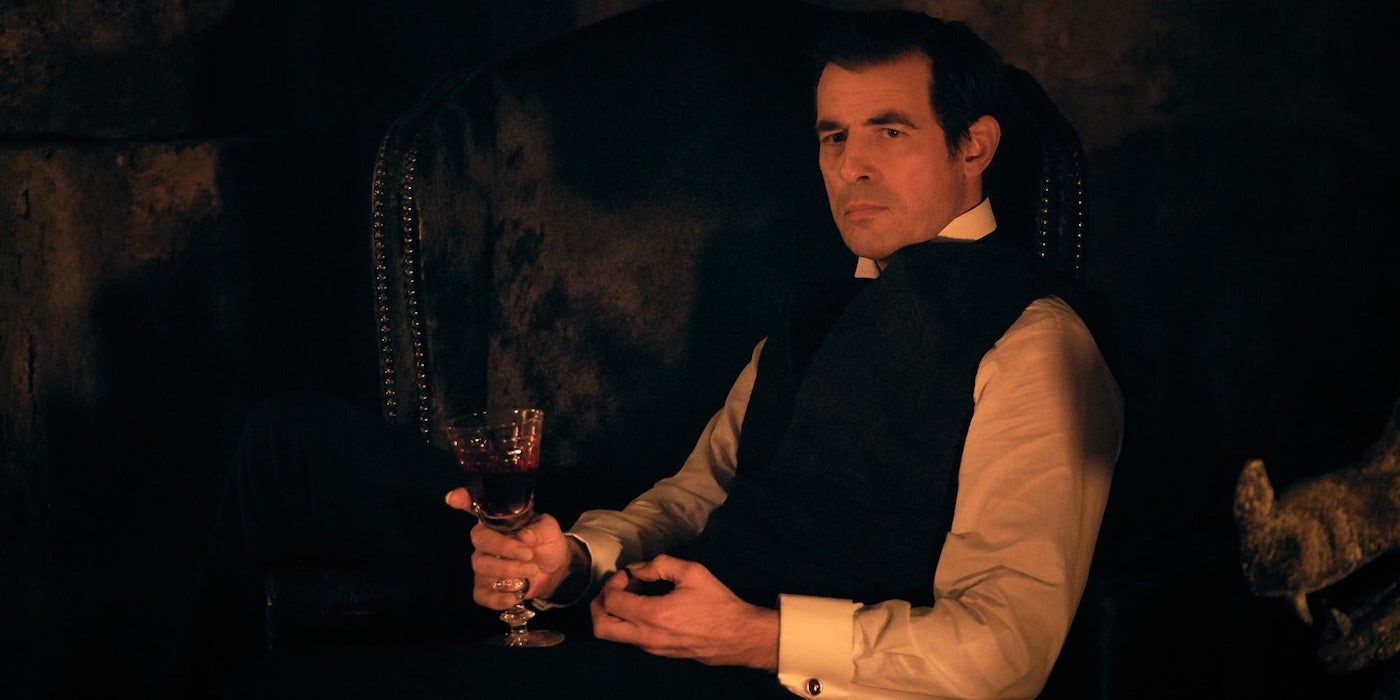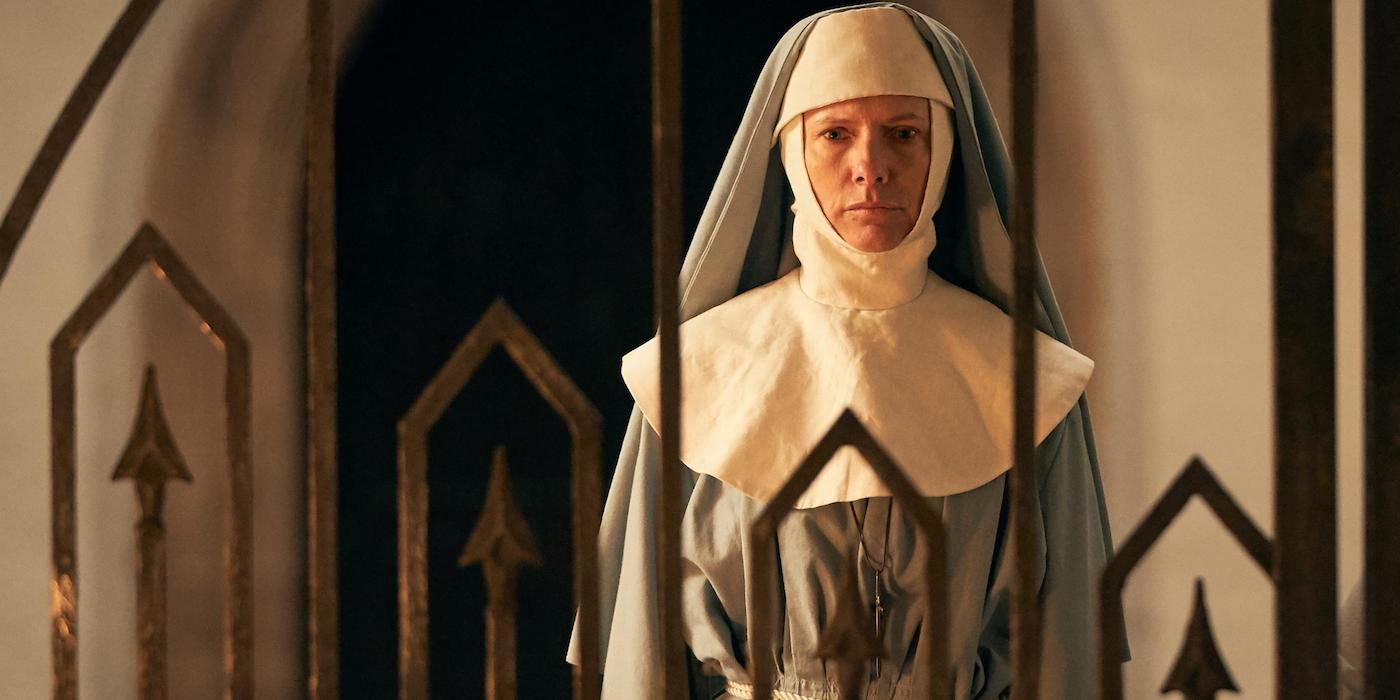Vampires are the most malleable supernatural creatures in fiction. As a result, pop culture is never without a new vampire story for long. And Dracula, as the granddaddy of all vampires, has proved irresistible to many creatives tackling the subgenre. A search for Dracula on IMDb yields almost 350 movies and TV shows in which the name comes up. Dracula always comes back.
The latest example is Dracula, from Mark Gatiss and Steven Moffat, the minds behind BBC’s acclaimed Sherlock. While while that modern take on the literary detective was far from perfect, fans were curious to see what the pair would do with the world’s most famous vampire.
It turns out they’ve done quite a bit, but all their tinkering with the source material doesn’t nearly add up to the sum of its parts. I’m no Dracula purist. I love to see him and the novel's other characters pop up in unexpected places, doing unexpected things. Yet, however clever the changes made in this latest iteration of the vampire legend, Gatiss and Moffett ultimately fail to deliver on what they set up. Plus, their attempts at LGBTQ representation, and the inclusion of more empowered, and better developed, female characters mostly fall flat.
The main conceit of this Dracula -- as well as the main reason to watch it -- is that it places the vampire at center stage. In Bram Stoker’s novel, and in most of the adaptations that followed, the story is told from the perspective of other characters, but never Dracula’s. Mostly, he stays in the shadows and says little.
That's more than corrected for here. Gatiss and Moffat’s Dracula, played by Claes Bang, is the most talkative character in the piece. In fact, this Dracula is downright outgoing. He loves talking people up, and hearing himself speak. The unfortunate side effect of that gregariousness is that his companions mostly end up drained of their blood in the end.
Dracula may succeed in winning you over if you find him as charming, seductive and suave as Gatiss and Moffatt seem to. Bang is fantastic in the role and seems to be having a blast. However, as the series goes on the character’s shtick becomes increasingly predictable -- and tedious, like the guy who believes he’s the life of the party, never realizing that everyone’s trying to remove themselves from his orbit.
Despite his longevity, Dracula isn’t the least bit introspective. He constantly hints at the mysteries he embodies but ultimately demonstrates very little insight into his own psyche. That leads to a flat character who takes up a lot of space but never experiences any growth.
On the other side of the equation is Sister Agatha, who is introduced in the first episode as the individual Jonathan Harker shares his tale of horror with after escaping from Castle Dracula. The nun is immediately set up as a strong protagonist, blunt, caring and highly intelligent. Dolly Wells lights up the screen and proves she’s more than a match for Dracula. And while Dracula is devoid of personal insight, Sister Agatha is preoccupied with understanding the vampire.
Yet again, this becomes tedious by the series' third and final episode. Agatha spends her time voicing questions about Dracula, making the audience believe that answers will be forthcoming. However, when the big reveal finally happens, it’s meager and unimpressive.
In addition, the show relies heavily on twists to make an impact. Yet, this seems to be an attempt to distract from the fact that Gatiss and Moffat don’t have any satisfying conclusions to offer. They might have served the material better if they'd sacrificed a twist or two, or let go of some of their heady ideas, and instead crafted a series with stronger characterizations and a more solidly built plot.
This Dracula uses the outline of approximately the first third of Stoker's novel for its story, but there are times where it seems to be taking more of its cues from Hammer’s Dracula films from the 1960s and ‘70s. That's especially true in the first episode. Hammer's influence may also be why some of the special effects look the way they do. By today’s standards the effects are unsophisticated but they successfully imitate those of the Hammer films. It’s a head-scratching choice in a series full of them, although it’s far from the most troubling.
That honor goes to the show's treatment of women, and its tendency to queerbait. The usual suspects, including Mina, Lucy, Renfield and Van Helsing, show up throughout the series. However, the production doesn’t seem capable of featuring more than one strong woman on screen at a time. Lucy and Minaare treated horribly by the narrative, and are ultimately reduced to blubbering ciphers.
Also, as they did in Sherlock, Gatiss and Moffat continue their queerbaiting tendencies, starting from the first five minutes into the series. And while the collaborators initially seem to be making an attempt to critique the privilege of white men, they ultimately give Dracula new abilities that Stoker never dreamed of, causing him to become so overpowered, none of the other characters are a match for him.
The series consists of only three episodes, each about an hour and a half in length, making them feel more like individual movies. This worked fairly well when Gatiss and Moffat used this approach for Sherlock, as it allowed each episode to focus on a specific case. It’s not as successful here because Dracula is telling a single, continuous story. Although the first two episodes are more successful than the third, there’s simply not enough here to sustain intrigue for 90 minutes at a time.
If you’re looking for a revisionist Dracula story, seek out NBC’s dearly departed one-season wonder from 2013, starring Jonathan Rhys Meyers. It takes the characters from Stoker’s novel and goes in several bizarre directions with them. That leads to some pretty bonkers places, but it’s ultimately a far more entertaining experience to sink your teeth into. The BBC/Netflix Dracula, on the other hand, may leave you feeling drained and listless.
Executive produced by Mark Gatiss, Steven Moffat, Sue Vertue and Ben Irving, Dracula stars John Heffernan, Dolly Wells, Joanna Scanlan, Sacha Dhawan, Jonathan Aris, Morfydd Clark, Nathan Stewart-Jarrett and Claes Bang as Count Dracula. The miniseries is currently available on Netflix.



